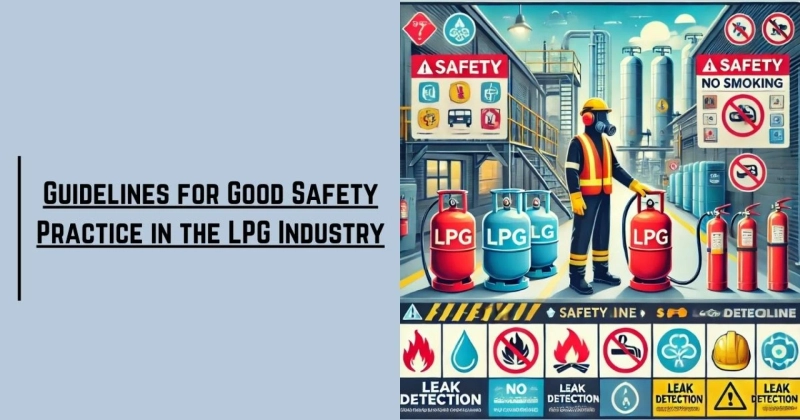The LPG (Liquefied Petroleum Gas) industry contributes significantly to powering households, commercial kitchens, and small-scale industries. While LPG is a very convenient and efficient fuel, it carries a high risk property of flammability and demands strict safety measures at every level—from storage to transportation, distribution, and usage.
For those interested to get into this fast-growing sector through an LPG gas agency dealership, establishing good safety practices are not only regulatory, but a responsibility towards social impact.
Why Safety Matters In LPG Operations?
LPG is stored under pressure and released in gaseous form, making it very flammable, and any leaks or improper handling can make it even more reactive. Adhering to the safety measures can minimize the risk of accidents, and save lives.
Dealerships with high safety standards enjoy customer trust and legal compliance, growing sustainably in the long term.
Standard Safety Practices In The LPG Industry
There are certain core factors that every LPG gas agency dealership must comply with which include:
- Proper Storage Infrastructure: Manage for cylinder storage areas with adequate ventilation, fire resistance, and security. The cylinders need to be stored in an upright manner and should be kept away from sources of ignition.
- Trained Manpower: All the staff members working in an LPG dealership should be adequately trained to safely handle cylinders along with giving an experience of firefighting during emergency situations. This drill needs to be conducted regularly.
- Secure the Cylinders so that they do not Move or Topple: Unsecured cylinders can fall while transporting, which may damage the cylinder, cause leakage, or lead to rapid release of gas. Such incidents can lead to combustion or explosion hazards, which threaten life and property. Always keep the cylinders secured using chains, straps, or sleeves, and approved pallet trolley in case the cylinder is to be moved.
- Leak Detection Practices: Using soap-water methods or gas leak detectors can help identify potential leaks during storage, delivery, or refilling. The safety caps on LPG cylinders safeguard the valves while in transit as well as while on storage sites. Damaged valves can lead to increased possibilities of leaks that can definitely cause serious fire and explosion hazards.
- Always Wear Safety Gears: Wearing safety gears like gloves, safety glasses, and proper footwear is essential during industrial LPG handling to reduce the risk of cold burns, cuts, eye injuries, and foot injuries due to sudden escape of gas or drops of cylinders or spillage.
Conclusion
If you are already owning an LPG gas agency dealership or planning to soon apply for one, undertaking good safety practices remains the foundation for continued success. Safety isn't just about saving lives; it is also about building up your credibility and reputation in the LPG industry.



